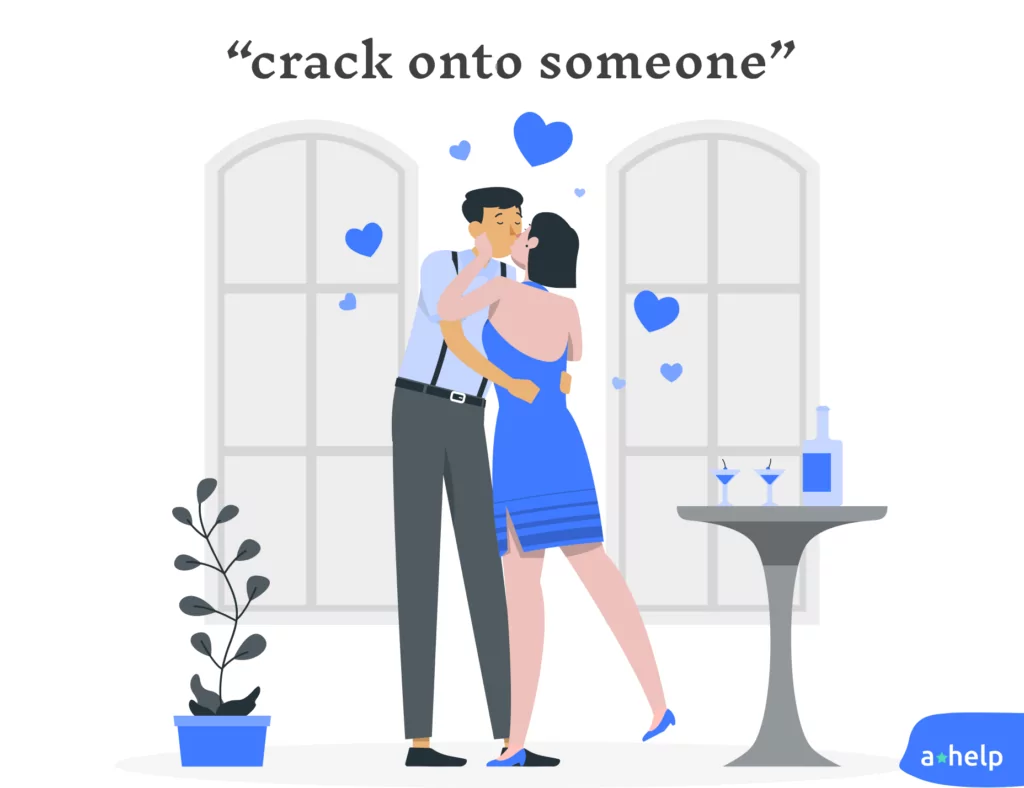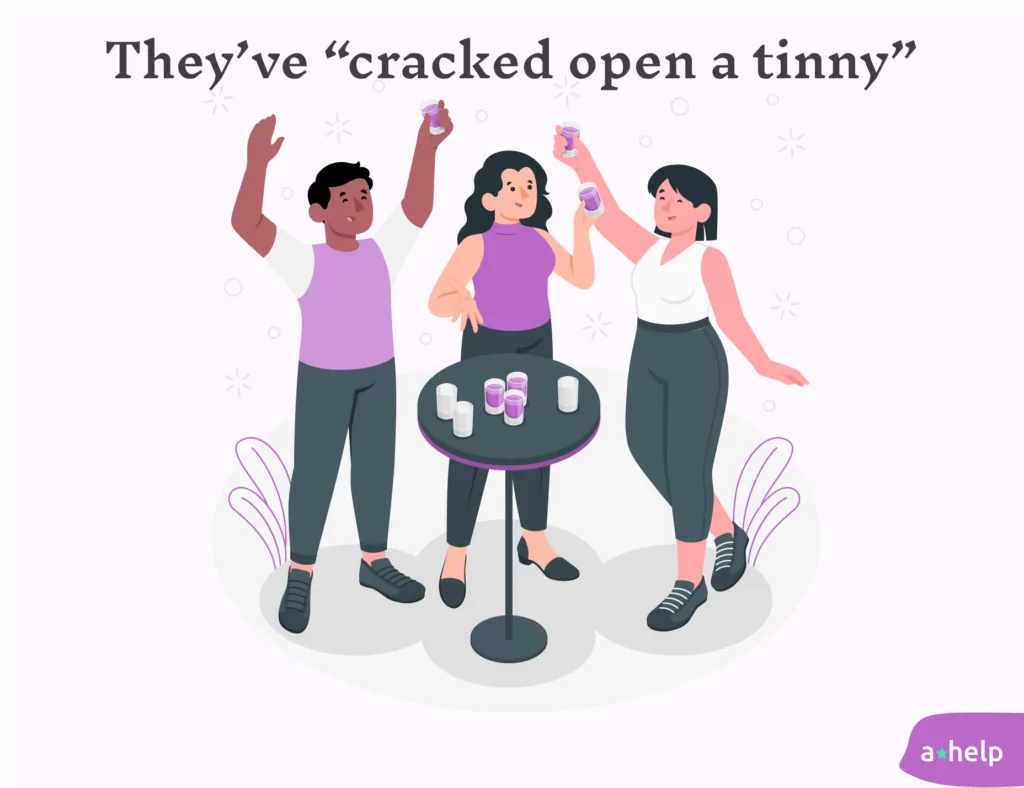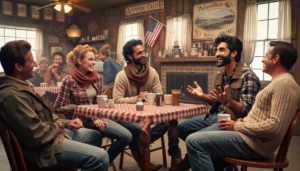Australia, the land down under, is not just known for its stunning landscapes and unique wildlife. It’s also a treasure trove of colorful expressions and slang that make its language as diverse and fascinating as its culture. In this article, we’ll delve into the world of Australian phrases, exploring a selection of iconic expressions that add a distinctive flavor to the way Aussies communicate.

✅ AI Essay Writer ✅ AI Detector ✅ Plagchecker ✅ Paraphraser
✅ Summarizer ✅ Citation Generator
The Essence of Australian Expressions
The linguistic tapestry of Australia is a fascinating blend of its Indigenous heritage, British colonization, and a dash of multicultural influence. This rich blend has given rise to a plethora of unique phrases and idioms that are a reflection of the nation’s history and character.
“Good on ya!” – The Aussie Thumbs Up
One of the most iconic Australian expressions, “Good on ya!” is a heartwarming way to say “well done” or “congratulations.” Australians use it to appreciate someone’s achievements, whether it’s a friend who’s cooked a fantastic meal or a colleague who’s completed a challenging task.
“You little ripper/You little beauty” – Expressing Delight
When Australians want to express sheer delight or excitement, you’re likely to hear them shout, “You little ripper!” or “You little beauty!” These phrases are often exclaimed when something unexpectedly good happens, like a favorite sports team winning a match or plans being canceled for a spontaneous adventure.
“To crack onto somebody” – Australian Flirting
Aussies have a unique way of describing romantic or flirtatious interactions. “To crack onto somebody” means to make advances or try to kiss someone romantically. It’s a phrase you might hear at social gatherings like barbecues (or “barbies”), where people mingle and enjoy each other’s company.

“Having a whinge” – The Art of Complaining
In Australia, “having a whinge” is the term for complaining, and it’s a pastime that’s taken quite seriously. Aussies can whinge about anything, from the weather being too hot to their boss being too demanding. It’s all in good fun, though, as Australians pride themselves on being easygoing and light-hearted.
The Quirky Side of Australian Phrases
Australians have a knack for creating unique terms for their neighbors, and “Pom” is no exception. Often used as a somewhat cheeky term for British people, especially those who might be a bit too reserved or traditional, it’s a part of Australian slang that adds humor to cross-cultural interactions.
“It’s chockers in here” – Describing Crowded Spaces
When Australians want to convey that a place is exceptionally crowded, they might exclaim, “It’s chockers in here!” This phrase, derived from “chockablock,” is a casual way to describe a bustling environment. It’s as Aussie as a meat pie and adds a touch of local flair to everyday conversations.
“Crack open a tinny” – Enjoying a Cold One
Australians have their own vocabulary for beverages, and “crack open a tinny” is a prime example. When it’s time to enjoy a refreshing can of beer, this phrase is likely to be heard. It’s a nod to the laid-back and sociable nature of Australian culture.

“To chunder” – A Less Pleasant Experience
While we’re on the topic of beverages, sometimes Australians might have a bit too much to drink, leading to a not-so-pleasant experience known as “chundering.” This word means to throw up and is used humorously to describe situations when someone has had a bit too much fun.
“Barbie” – More Than Just a Doll
In Australia, a “barbie” isn’t just a doll; it’s a way of life. Australian barbecues are more than just a meal; they’re a cultural institution. Whether you’re grilling prawns, snags (sausages), or veggie skewers, a barbie is a social event that brings people together to enjoy good food and company.
“Barbie” – More Than Just a Doll
Expanding Your Aussie Vocabulary
Aussies love to shorten words, and “arvo” is a prime example. It’s short for “afternoon,” and you’ll often hear it used in casual conversations. “Saw Tommo at the pub this arvo” is a typical way to say you met a friend at the pub in the afternoon.
Ciggie – A Smoke Break
Despite the high cost of cigarettes in Australia, “ciggie” remains a popular term for a cigarette. Also known as “durries” or “darts,” this slang term is deeply ingrained in Australian culture, even if smoking itself is on the decline.
Mozzie – Dealing with Mosquitoes
Mosquitoes are a common nuisance in Australia, and they’re affectionately referred to as “mozzies.” Aussies have a knack for giving everyday pests endearing nicknames, adding a touch of humor to encounters with these bothersome insects.
Conclusion
Australian phrases are not just words; they’re windows into the unique culture and character of this extraordinary nation. From the heartfelt “Good on ya!” to the casual “crack open a tinny,” these expressions reflect the easygoing and friendly nature of the people Down Under. So, the next time you find yourself in Australia, don’t be surprised if you hear someone exclaim, “You little ripper!” It’s all part of the linguistic charm of the land of kangaroos and koalas.
As you explore the land down under, remember that language is a key to understanding and connecting with the locals. So, embrace these Aussie phrases, have a laugh, and enjoy the vibrant and diverse world of Australian expressions.
FAQ
Follow us on Reddit for more insights and updates.





Comments (0)
Welcome to A*Help comments!
We’re all about debate and discussion at A*Help.
We value the diverse opinions of users, so you may find points of view that you don’t agree with. And that’s cool. However, there are certain things we’re not OK with: attempts to manipulate our data in any way, for example, or the posting of discriminative, offensive, hateful, or disparaging material.